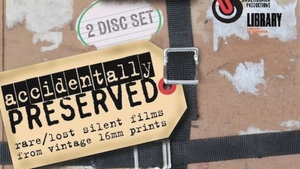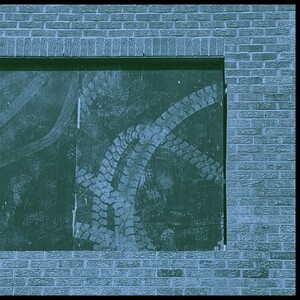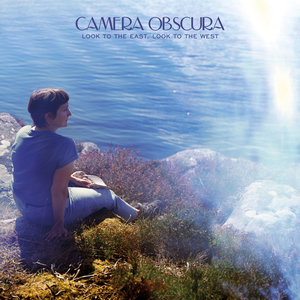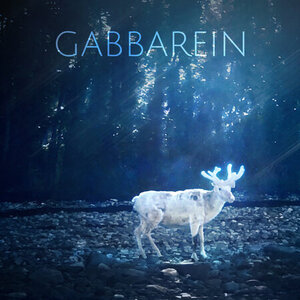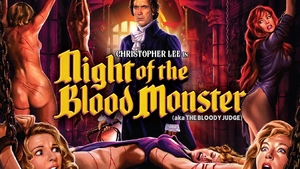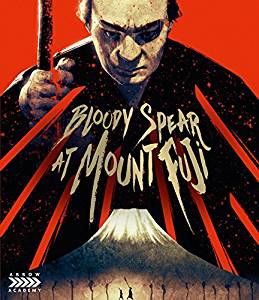
Bloody Spear at Mount Fuji
directed by Tomu Uchida
starring Chiezô Kataoka, Ryûnosuke Tsukigata, Chizuru Kitagawa
Arrow Video
Tomu Uchida’s first post-war film, Bloody Spear at Mount Fuji is a surprisingly revisionist take on the legends and tropes of the Samurai film and lore. Made shortly after the end of MacArthur’s occupation of Japan, and the director’s return home after a years long exile in Manchuria, film is obviously a reaction to the occupation and the anti-war, pro-Japan sentiment of the time is clearly evident. Even the title is a rebuke to recent history where references to Mount Fuji were banned as being a overly nationalistic symbol. But the main theme of Echidna’s movie is a very unsubtle skewering of the rigid Japanese class and social system, not just in the historical Edo Period or the tropes of Samurai films, but in contemporary Japan as well.
The film is a road movie centered around a low-level samurai, Kojuro, and his two servants Gent and Gonpachi, the spear carrier. They are traveling on the road to Edo with a royal tribute in the form of a rice bowl The trio encounter a variety of characters and become involved in the small stories of their lives. The people they encounter include a young orphan boy who dreams not of being a Samurai, but a spear carrier like Gonpachi, a widowed shamisen player and her daughter, a man traveling to sell his daughter into prostitution amongst others. There is also a notorious thief in the area. The film begins very light and breezy. Numerous moments are actually cute and heartwarming, hardly typical for a samurai film, but when a sudden rainstorm forces all the travelers to shelter in the overcrowded inn, various secrets and agendas come to light and set up the events that lead to the memorable, tragic finale.
Instead of glorifying the Bushido code, Tomu Uchida questions the formal rigid structure making his samurai hero Kojuro a fairly ineffectual warrior who would much rather be friends with his servants has has little use for the societal rules that keep him apart from the non-noble people he has more of an affinity for. It certainly stands in stark contrast to the contemporaneous films of Akira Kurosawa (Rashomon, Seven Samurai, Hidden Fortress) that the west is so much more familiar with. There is minimal violence and is markedly non heroic. When swords are finally drawn it is serious and with consequence. The final battle is not a ballet of weapon mastery, but rather an anguished flurry of emotion over technique which is so atypical of samurai battles and helps to make the film so memorable and unique.
Bloody Spear at Mount Fuji is made in a non-widescreen original 1.33:1 aspect ratio. The presentation is a a bit soft and low contrast and has some evidence of the decades of neglect and abuse the film has suffered. Much of the running time the image is marred with vertical scratching and some light noise and grain, but is overall quite acceptable, especially considering the rarity of movie and doubtless the best it is capable of looking. It probably isn’t the disc you’re going use to show off your home theater but there are no picture or sound issue that should give anyone pause.
Tomu Uchida was at a time considered one of Japan’s greatest film directors, both critically and commercially, along with Akira Kurosawa and Yasujuro Ozu but is now sadly all but forgotten in Japan and completely unknown in the west. Many of his films are now lost to time but with Bloody Spear at Mount Fuji getting a proper release in the west gives a taste of what art has been missed for so long.


